Today (2024.09.26), the Shizuoka District Court handed down a historic not-guilty verdict in the retrial of Hakamada Iwao. Hakamada, who had been on death row for a 1966 murder case, was acquitted after it was acknowledged that the evidence had been fabricated.
Coerced Confession and Fabricated Evidence Acknowledged
This verdict is of great significance for Japan’s police and judicial systems. The court found that Hakamada had been forced into a confession under inhumane conditions during his interrogation. Furthermore, it was recognized that the “five pieces of clothing” used as evidence were likely fabricated by the investigative authorities.
While we can’t restore the life Hakamada lost, this ruling brings a mixture of relief and anger. This should be a first step towards investigating the inhumane treatment over the past 58 years and should lead to deeper discussions within the government and parliament on protecting individual rights in police and judicial processes.
The state must prioritize human rights over maintaining its system. This case underscores the need for transparency in the judicial system and police reform. It also reminds us that our individual rights are prior to the state and can easily be destroyed if we do not defend them.
Formal Apologies and Preventative Measures Required from Authorities
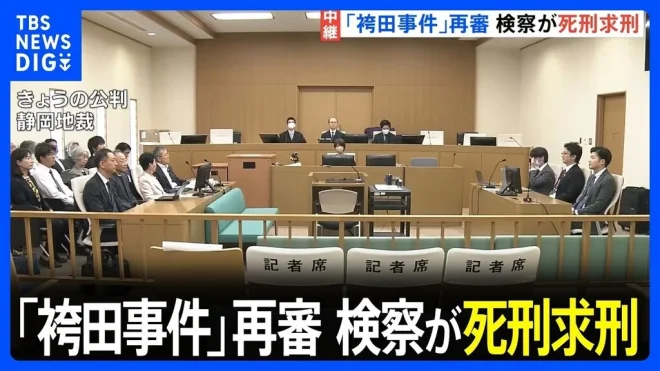
Hakamada was released in 2014, but this acquittal officially clears his name. It marks the end of a lengthy legal battle and holds great significance for Hakamada and his family. The police chief, justice minister, and prime minister should formally apologize to Hakamada (though they probably won’t).
There is speculation that some prosecutors, recognizing that the court officially acknowledged evidence tampering by the investigative agencies, may attempt an appeal to protect their reputation. Such an unjust move would face intense public backlash.
Hope for Similar Cases Like the Sayama Case and Kan-Nama Union
Hakamada’s acquittal may have a positive impact on other wrongful conviction cases, including the Sayama case and the Kan-Nama Union repression case. In particular, Kazuo Ishikawa, who has been seeking a retrial in the Sayama case, and labor union members involved in the Kan-Nama case, may find new hope.
This ruling highlights the importance of retrial petitions and the need to scrutinize illegal police practices in court. It could also have a favorable impact on similar cases. We hope this judgment will accelerate movements to rectify wrongful convictions.





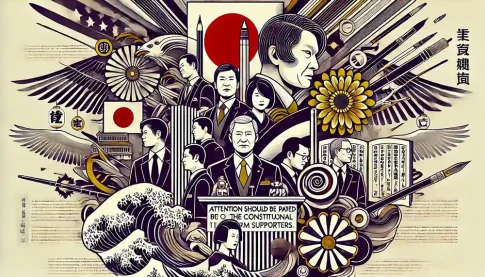




 Donations are made in Japanese yen. 300 yen is approximately 2 USD.
Donations are made in Japanese yen. 300 yen is approximately 2 USD.

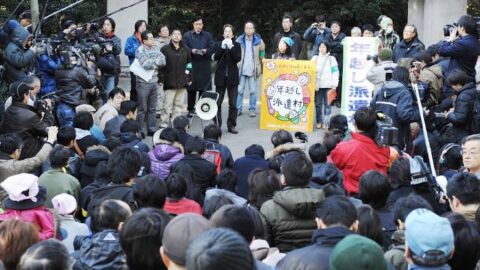
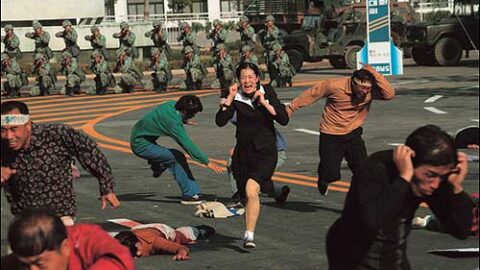


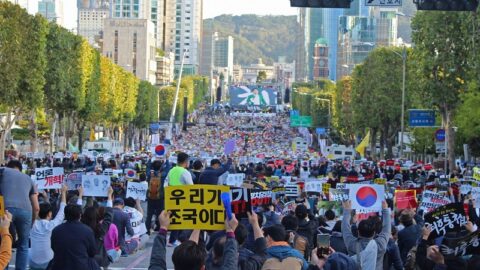
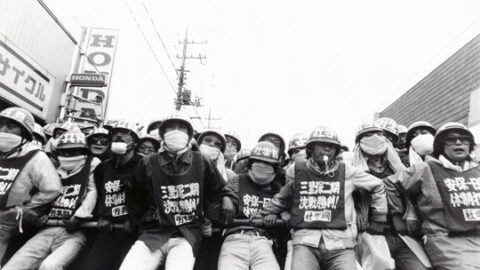


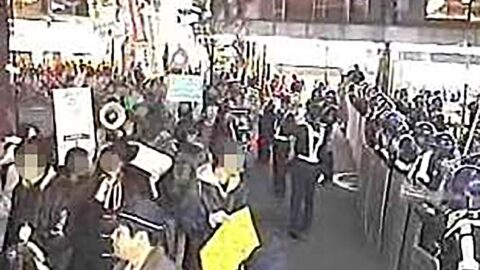


Note: Hakamada Iwao is a former professional boxer who was convicted of murder in 1968 and sentenced to death. His case has become internationally known due to allegations of fabricated evidence and coerced confessions, leading to his eventual release in 2014.